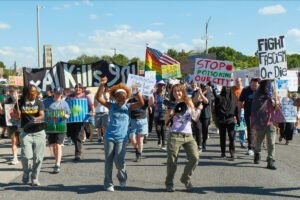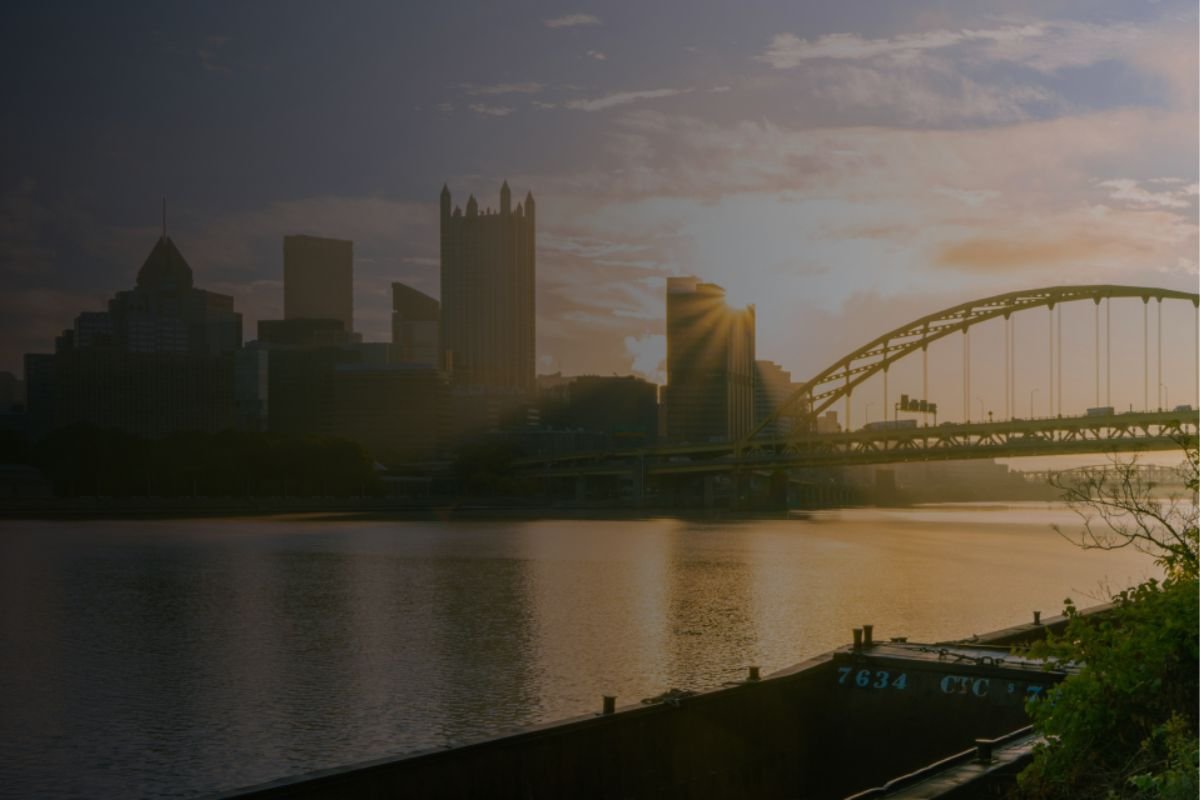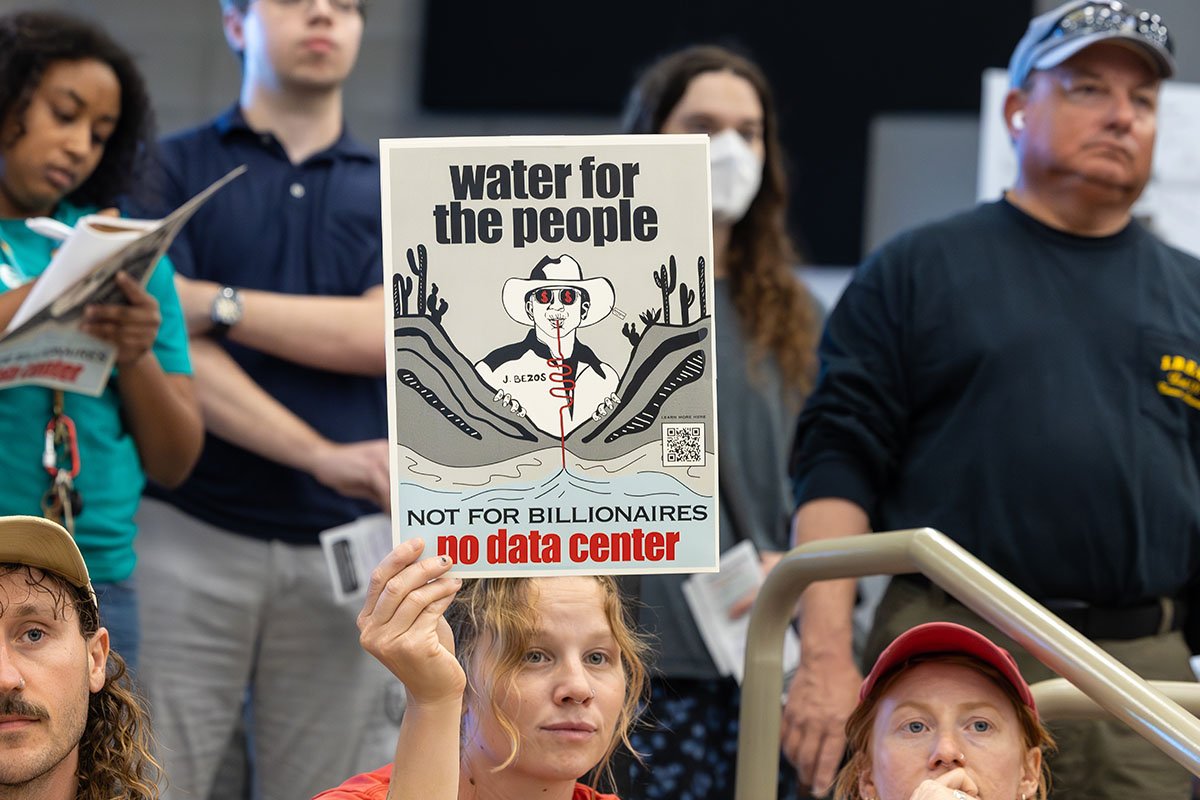
August 3, 2015; WUFT Radio (North Central Florida)
Gainesville, Florida, is the latest town to experience a rolling physics lab/creativity incubator.
The model began in 2003 when a trio of University of Arizona students launched Physics Factory, “a team of scientists and educators with a common goal: to share their enthusiasm for physics with students, teachers and the community.” What began in Tucson, Arizona, made its way to Ithaca, New York, and since this spring, the bright blue Physics Bus Gainesville has been finding its way around north central Florida, using household items like hair dryers, microwaves and old projector televisions to introduce children and adults to the basic of physics, while at the same time underscoring links between science and creativity.
Sign up for our free newsletters
Subscribe to NPQ's newsletters to have our top stories delivered directly to your inbox.
By signing up, you agree to our privacy policy and terms of use, and to receive messages from NPQ and our partners.
According to Amber Medina, co-director of education for Physics Bus Gainesville, “Our mission is to support sustainability, creativity, community and science. Science is not just like, five dudes in a room with a lab coat, you know, staring at a beaker.”
And, as educators and parents are increasingly understanding, there’s a strong correlation between science and creativity, which is why there’s been a push for increased attention to “STEAM” in American schools—a focus on science, technology, engineering, arts, and mathematics—to close gaps in educational shortfalls.
In Florida’s Alachua County, for example, only 49 percent of eighth graders had a passing grade in science last year, so there’s clearly a need to supplement what’s happening in the classroom. Jamie Aulton, a teacher at W.A. Metcalfe Elementary School, was delighted when the Physics Bus agreed to stop there in June to perform science demonstrations. Aulton notes the lack of hands-on resources in some schools to help interest students in science; Medina observes that many small towns also lack science museums, which is why the “pop-up” (or “roll-into-town”) model is important in making science more accessible, and more fun, both for children and their adults.
The Physics Bus Gainesville is still finding its way, and its staff is hoping for additional funds to help fuel its work. Plans include partnering with robotics clubs in public schools and delivering programs to more rural areas, all aimed at sparking creativity while nurturing future scientists, with “homemade” physics experiments like using a plastic TV screen to make a sidewalk hot enough to bake cookies.—Eileen Cunniffe












